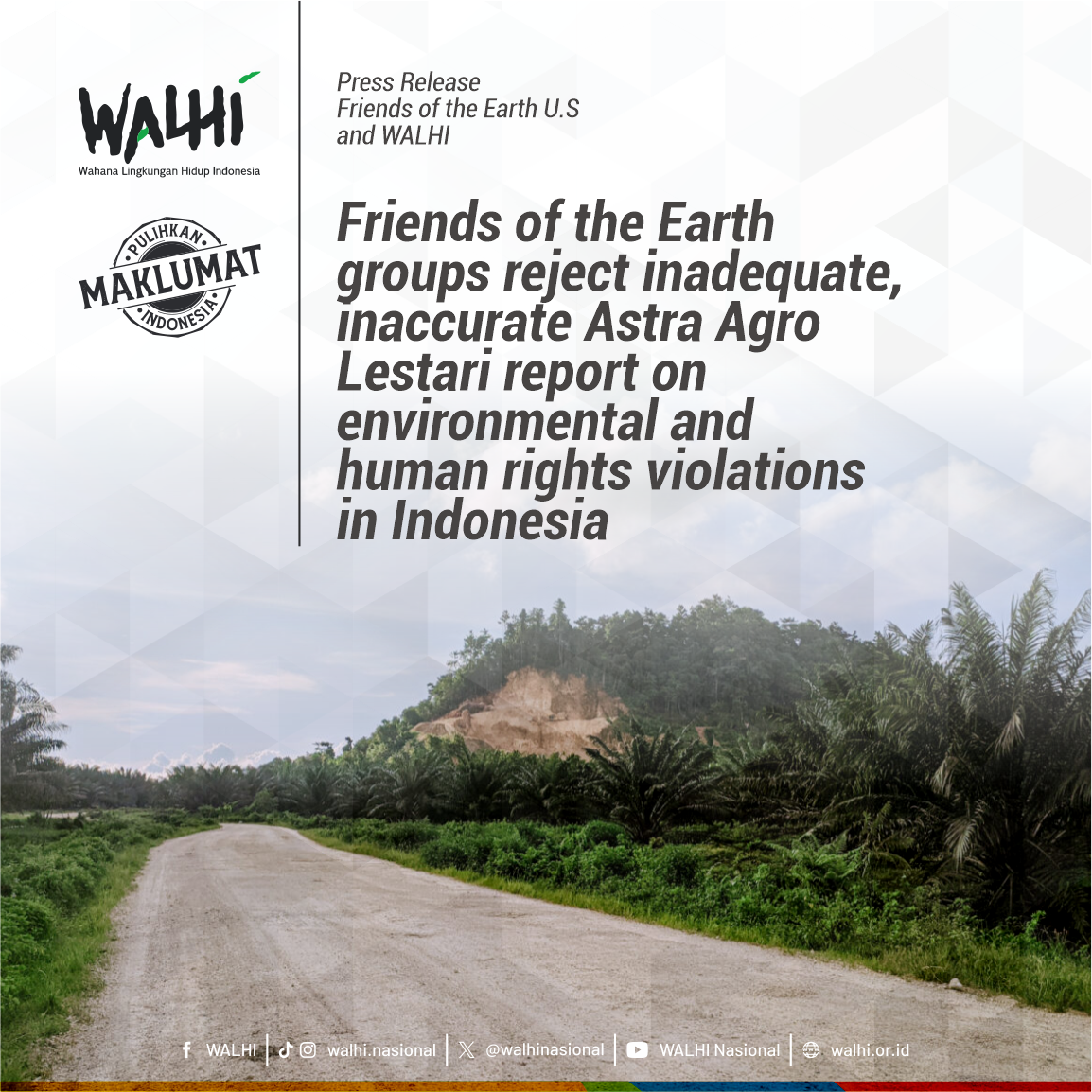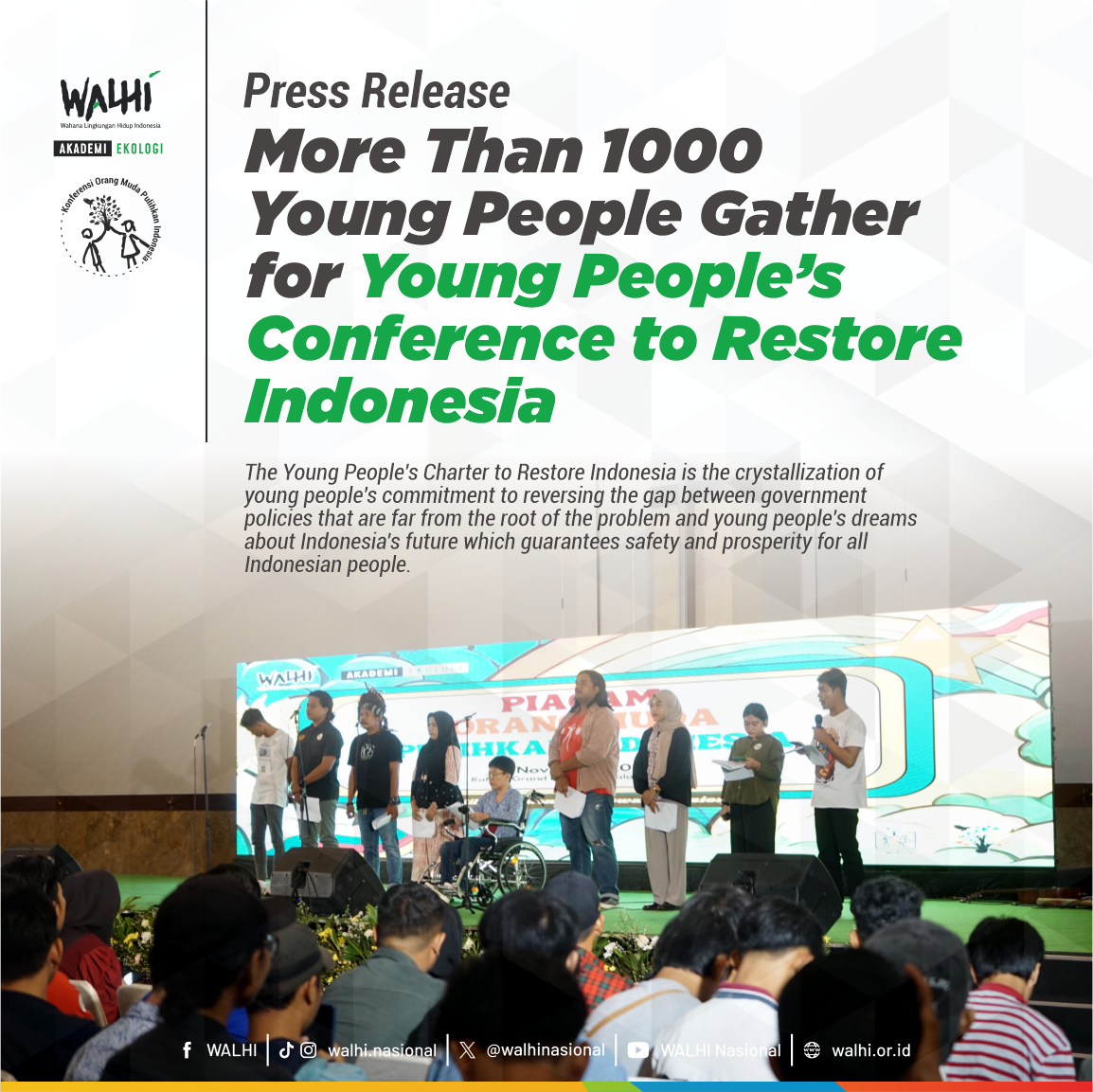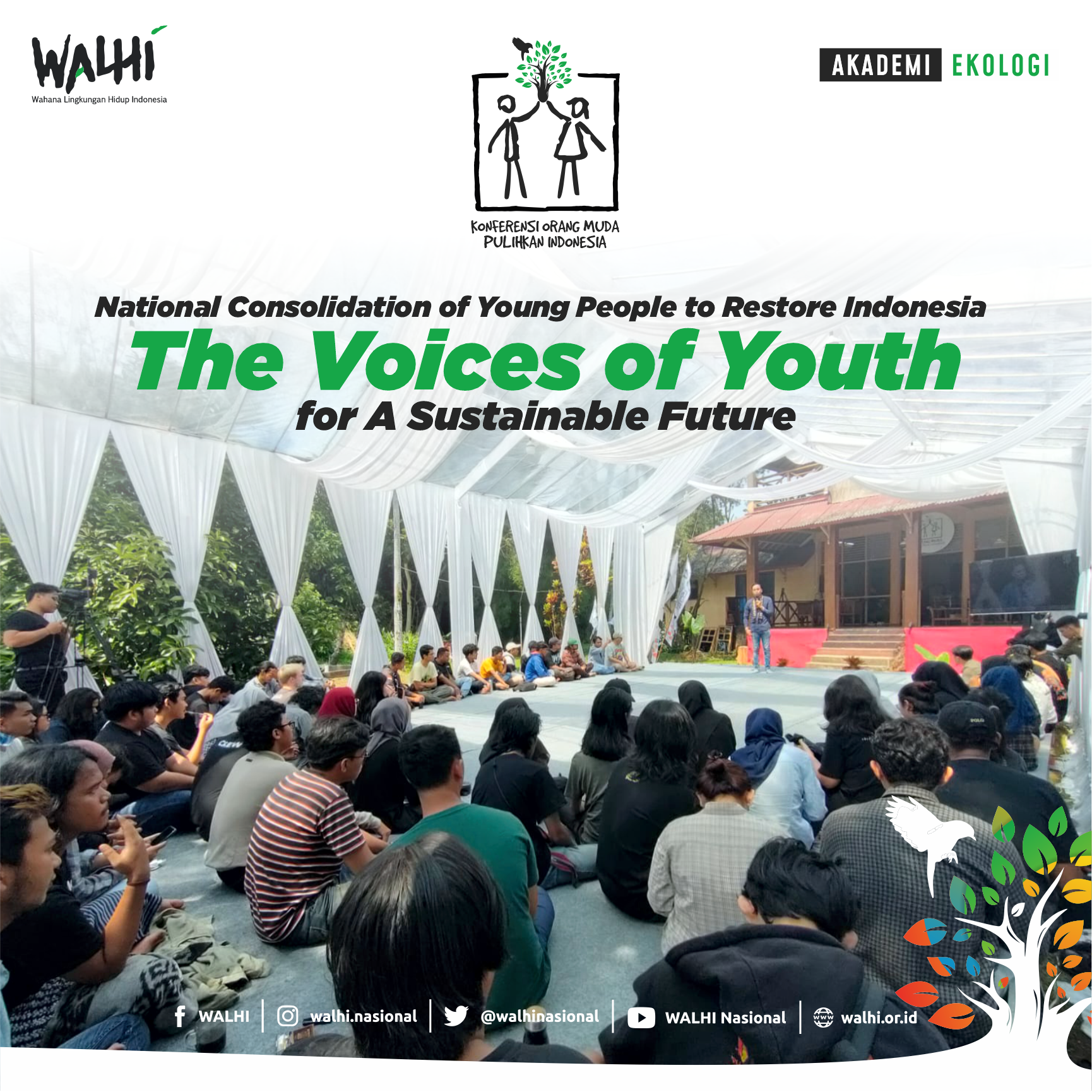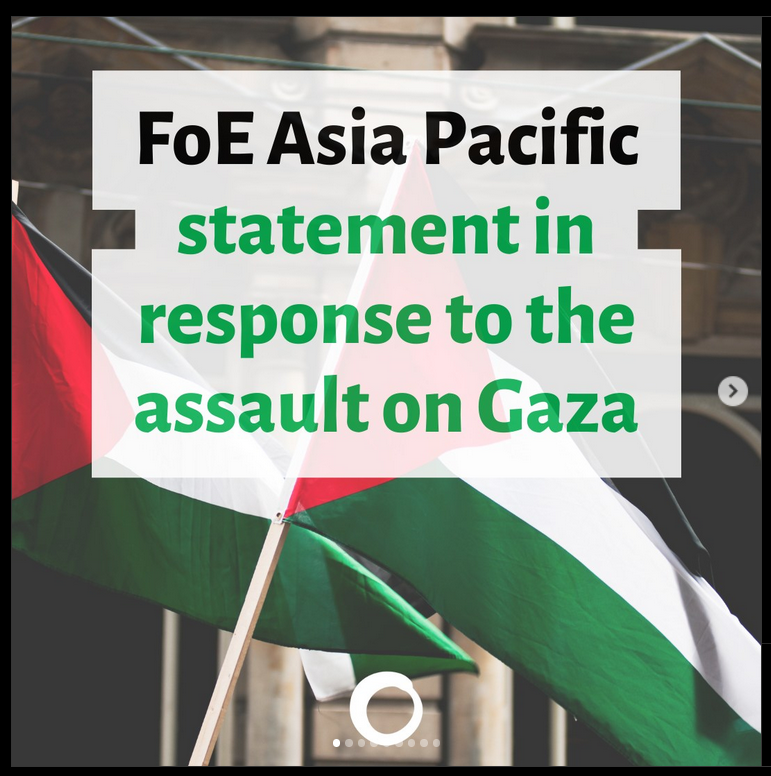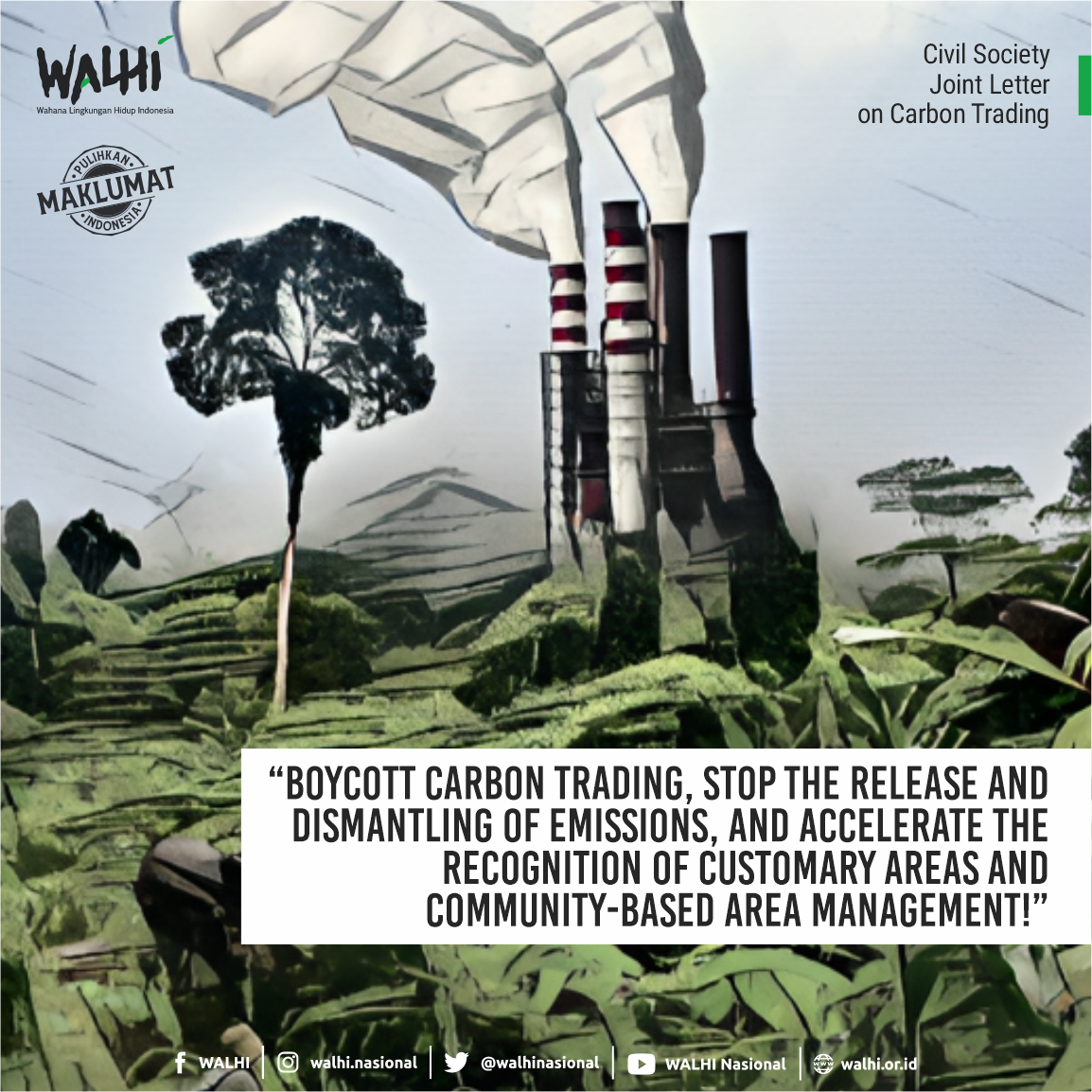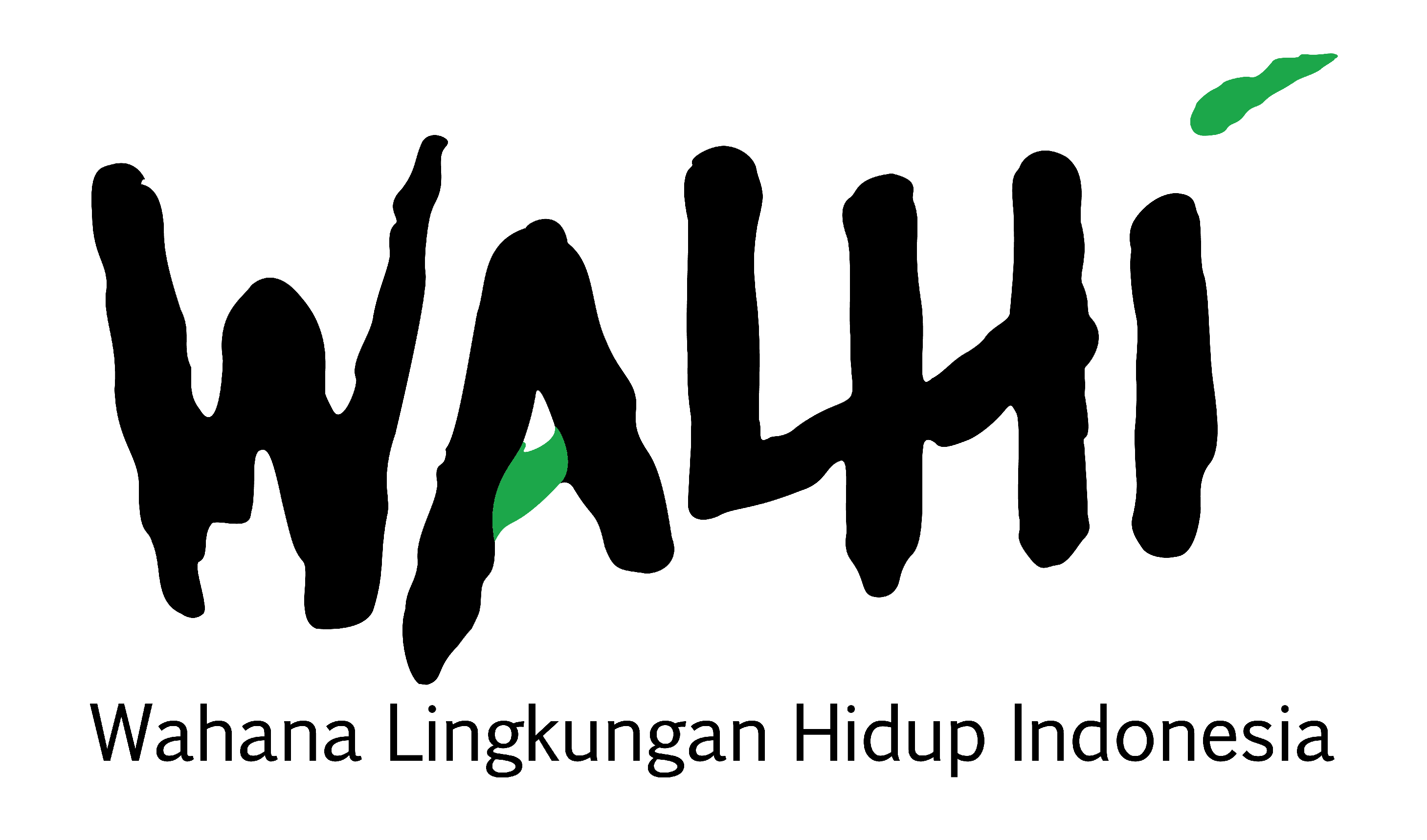In light of International Seeds Day today, we want to plant a seed of hope for a better planet. Covid-19 has revealed the urgent need for system change and solidarity. It has shown that all our struggles are interconnected.
It has been more than a month since the World Health Organisation (WHO) declared the outbreak of Covid-19 a pandemic. Since then many countries around the world and especially in the Asia Pacific region, have imposed various stages of movement restrictions or lockdowns. Worldwide, more than 2.6 million people in over 185 countries and territories have been infected with the virus and more than 187,000 people have died. This crisis has already caused tremendous impacts, some of them beyond repair and has revealed that free market capitalism has failed to protect people’s basic health and welfare. This is an economic system that favours multinational corporations, and has oppressed people all over the world, especially those living in the global south.
This will not be the first time it has been stated that the Covid-19 outbreak was a result of a collapse of our already fragile ecosystems which we all depend on. The poor, vulnerable and the marginalised will be disproportionately impacted by the global outbreak.
While we are witnessing significant impacts and threats to communities and the natural world during Covid-19, we are also witnessing people engaging in real system change around us as communities embrace the widespread exchange of mutual aid, sharing protective equipment, food and other increasingly scarce resources during lockdown to keep each other safe and well. We are seeing system change with new forms of activism flourishing, from closing streets to cars, running online rallies as people refuse to be silenced and continue to make their voices heard. We can and must build on these powerful expressions of solidarity that demonstrate people and communities have their own power.
The global outbreak is a historical moment and marks a fork in the road for the failed economic practise of neoliberalism. We have the chance to steer away from this destructive path, to re-imagine and create political and economic systems that put the protection of life and the planet before profits.
Friends of the Earth Asia Pacific through its member groups have documented the realities on the ground and the multitude of impacts being experienced throughout the region as a result of Covid-19 and government reactions, as well as a set of demands toward governments and multilateral institutions.
Impacts and Threats:
- Testing kits and equipment – lack of personal protection equipment, coronavirus test kits, even faulty test kits and raw materials for the construction of coronavirus test kits as a result of the imposition of movement restrictions or lockdowns in affected countries such as Sri Lanka and more;
- Healthcare and insurance – weak public healthcare systems and no public health insurance scheme as well as the shortage of medical front-liners that would not be able to cope if infections soar higher than what they are now;
- Access to food – lack of access to food and difficulties faced by rural and indigenous communities, in Malaysia and the Philippines for instance, in accessing their farms to harvest and sell their produce to survive;
- Loss of jobs and income – many workers in the Asia Pacific region are daily wage earners and they have lost their jobs or livelihoods. Small businesses have closed up, corporations have let off employees, imposed pay cuts or have asked employees to go on leave without salaries;
- Forced labour and risks to migrant workers – Large numbers of migrant workers are reportedly being summarily fired or sent home without payments and means to travel home. Due to tighter or closed borders and harsh lockdowns, such workers are stranded in foreign lands with nowhere to go and often mass-congregated in poor sanitary conditions, exposing them to the risk of mass infection. Palestinian workers have been exploited to serve the Israeli economy in high-risk places without any safety measures. With no protection provided against the disease and in a slightest doubt of infection, they are thrown out of borders;
- Lack of public information – Where some countries are making information publicly accessible, others are failing to provide full transparency. Prompt public information disclosure on the developments of the infection and the measures taken by the South Korean government has been helping people and communities avoid a panic and coordinate themselves to contain the contagion. Harshly made lockdown measures are however suddenly cutting off people from their loved ones in many affected countries and territories. Families of the Palestinians imprisoned in Israeli jails are denied access and no information is provided of their current conditions;
- Human rights violations – continuous human rights violations are being reported over police arresting and beating up those who have violated restrictions or protested openly against the lack of food, increased violence on women who are living in close proximity within abusive households, issuance of subpoenas to private citizens for violating cybercrime laws (those who have expressed frustration online over government relief packages), farmers being killed and harassed by companies for defending their territories and the detentions of Palestinians during this period by Israeli authorities.
- Environmental destruction – despite restrictive orders against movement during this period, many have been quietly taking advantage of this period to exert more control and stifle dissent. In Australia, the Victorian government has just scrapped the conventional onshore gas mining moratorium and signed off for another ten years the legal exemption for the logging industry from federal environment law despite horrific impacts of the recent bushfires on the forests and wildlife. Apart from that, in other countries like Sri Lanka, Philippines, Nepal, Indonesia and Malaysia, wildlife poachers have still been active and mining, deforestation and land grabbing continue with communities not only having to defend their territories, those living in remote areas are also threatened with exposure to the Covid-19 by outsiders/trespassers into their lands;
- A crisis of care and violence against women – The impacts of this crisis are gendered. Front-line health workers are predominantly women, and many have taken on greater care and domestic work responsibilities as they homeschool children and look after family members, while continuing their professional and activist work remotely. Covid-19 has revealed that societies depend on the essential care work carried out by women, and that women’s work has not been adequately valued. Women are suffering a brutal rise in violence and femicide across the world following directives to stay at home, leaving women at risk of violence from perpetrators, while access to essential services such as shelters and reproductive care is more limited;
- Armed conflict – One Indigenous community in the Philippines has been forced to leave their ancestral domain due to armed conflict and are currently trapped in evacuation centres, leaving them exposed to higher risks of contagion. They are now unable to secure food from their land and make a living;
- Threats to democracy – Many governments are limiting the operation of parliaments as states of emergency are declared, limiting the possibility for transparency and accountability. There is a risk governments with authoritarian tendencies will use the cover of Covid-19 to further wind back democratic governance and engage in abuses of power.
- Dangers of expanding surveillance – The development of apps designed to track citizens during the outbreak are a threat to privacy and human rights, and could be potentially exploited by governments and corporations to intimidate political opponents and silence dissent.
- Unequal access to financial and economic stimulus packages – many governments are giving out stimulus packages to revive and rehabilitate certain industries, businesses and sectors and segments of the populations. However, many cannot access this aid because they do not fall within the categories specified by governments and these include migrants, refugees, stateless or those without any documents.
- Unjust Debt – many countries are already neck deep in debt and this crisis would see more borrowings from international financial institutions, which has historically involved the imposition of unjust economic policies. China has already granted Sri Lanka a USD500 million concessionary loan to aid their effort to combat Covid-19. Countries would need to weather the onslaught of economic recession. This crisis may bankrupt many nations as a result of their inability to pay back their debts.
The pandemic and governments’ response measures have caused colossal damage, fracturing economies and bringing the world almost to a standstill and will not fade away quickly. Covid-19 is not our only problem, we have been mired in a whirlwind of crises that have brought us to where we are today. It is clear that we cannot go back to business as usual. We need to re-examine the way we live and the system that played a part in contributing to the cause of this outbreak. Every one of us is impacted, but some are more impacted than others due to existing unjust systems of oppression created by colonialism, racism, gender and class.
In light of this crisis Friends of the Earth Asia Pacific demands that:

- Governments must ensure that fundamental rights to food, water, health, social security, housing, energy, transport, education and care work are guaranteed through public services by the State. The working classes and communities are facing dire needs, and adequate immediate support must be provided financially from the State and local governments. Any public money must be used to put farmers, workers, the climate and the long-term health of our planet and peoples first, and not to help maintain corporate profits;
- Front-line medical workers and care-takers must be protected. They are literally risking their lives for many. Personal Protection Equipment such as face masks, gloves, medical gowns, hand sanitisers must be secured and distributed equally, including for sanitary workers who have to handle these contaminated wastes. Those who need medical care must be also treated equally and the cost should be borne by the State during this public health crisis. There must be equitable and just health benefits for all and through public health insurance schemes put in place;
- The harassment, detention and arresting of people, political dissidents, community members, or violating their territories, in disguise of policing social distancing and movement restriction measures must be stopped immediately. Corporate plunder of community resources, attacks on environmental human rights defenders, impunity of government and corporations in environmental destruction and human rights violations, all must come to an end and end now. The focus must be on sustainable development, the protection of human rights and the prioritisation of people’s welfare over the measures to control and punish. This must include ending violence against women, many of whom are confined at home thorough current restrictive measures taken by the governments;
- There must be global recognition to the right to food. A global food crisis is looming as a result of immediate responses of governments to this pandemic and needs to be urgently addressed. This crisis has exposed systemic vulnerabilities of today’s food production borne from decades-long development of unsustainable agro-industry, neoliberal trade policies and globalisation imposed upon the Global South. This resulted in exporting foods and natural resources while many people at home are unable to meet their daily needs, even before this crisis. Swift and adequate assistance must prioritise farmers, essential-food-producing communities including indigenous peoples’, not to wealthy corporations, and the delivery to the people and communities who are facing or going to face severe hunger. Such a policy should stay on beyond this crisis to steer domestic food production towards sustainable practices such as agro-ecology. We need robust and equitable food systems as there is no resilience to the free-market corporate-based food systems.;
- The current debt burden on developing countries is unsustainable and diverting scarce domestic resources away from supporting people amidst this pandemic crisis. Multilateral financial institutions, including the Asian Development Bank, the World Bank and the International Monetary Fund, and bilateral institutions of wealthy nations, must not only cancel the debts of the Global South, they must provide immediate support, in the form of grants, to developing countries to recover and strengthen public services that truly support the needs of the people during this crisis and future, so that they can rebuild their economies, but towards a just and equitable society; and
- Covid-19 should not be used as an excuse to ignore the climate crisis. It’s a time to rethink the systems of exploitation and private profits that are driving the crisis in the first place. The decisions governments make now to recover from this pandemic will likely determine the shape of the economy for decades to come, and there is a risk business-as-usual emissions will rebound if governments bail out or prop up polluting industries. Plans for post-Covid-19 recovery must prioritise climate justice, just transition for workers and transformative energy solutions. Otherwise we risk further locking in ever-rising emissions and catastrophic climate impacts.
We have the opportunity now to turn this around, to change the dominant neoliberal economic paradigm that has generated inequality, hunger, loss of democracy, devastation of territories and livelihoods, destructive climate change, biodiversity loss, land-grabbing and increased corporate human rights abuse. This is a system that has contributed to this Covid-19 crisis. In some places, the movement restriction measures or lockdowns imposed have actually brought about some positivity like cleaner air, clearer skies and cleaner rivers and beaches, but the reality remains that this crisis has caused huge social and economic costs to the poor, lower middle income and the marginalised.
FoE Asia Pacific believes that system change is possible. We need to create sustainable societies and new relations between human beings, and between human beings and nature, based on equity and reciprocity. To create these societies and assert people’s rights we need to increase people’s power. This means transforming our economic, food and energy systems based on genuine, radical thus swift, just democracies centred around people’s sovereignty and participation.

Finally, FoE Asia Pacific is sending a message of solidarity and strength to all those affected by the coronavirus. We express our immense gratitude to the healthcare workers on the frontlines facing stark personal risks in order to provide care to people. We thank everyone who has played a part during these difficult times in the provision of the much needed essential services to the majority who have stayed home to curb the spread of the virus. This is a time for solidarity, mutual aid, resilience and creative resistance. We need to protect each other and the vital ecosystems on which we all depend. We need to rebuild a world that benefits all people and mother earth, instead of continuing with a system that serves the rich and those in corporate power.
Read Friends of Earth International’s political analysis on the pandemic crisis
COVID-19 crisis is a wake up call for system change
Individual FoE APac member groups’ national statements (up to 26th April):
FoE Australia
Responding to the Covid-19 Outbreak: A Blueprint for Climate Justice
FoE Indonesia – Wahana Lingkugan Hidup Indonesia (WALHI)
A Wake-up Call to Save the Earth from the Shadow of Investment Amid Covid-19 Pandemic
FoE Malaysia – Sahabat Alam Malaysia
Rethink Development Paradigm In Averting Future Crises Due To Environmental Mismanagement
Protect the welfare of indigenous communities in Sarawak amid the MCO
FoE Sri Lanka – Centre for Environmental Justice
The earth system is dying. Only your climate actions can reverse it!
For further information, please contact:
Theiva Lingam
FoE Asia Pacific Regional Facilitator
Email: [email protected]
Emma Harvey
FoE Asia Pacific Communications Coordinator
Email: [email protected]














